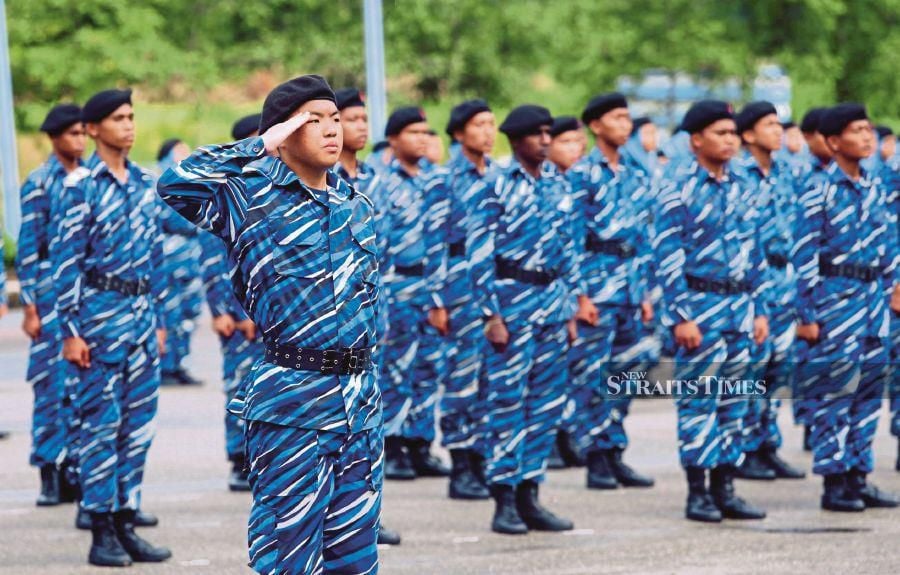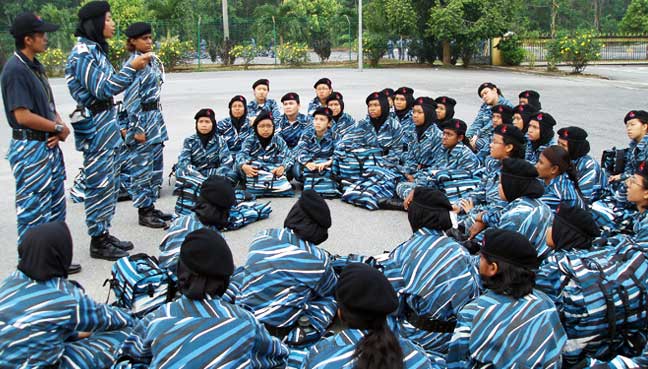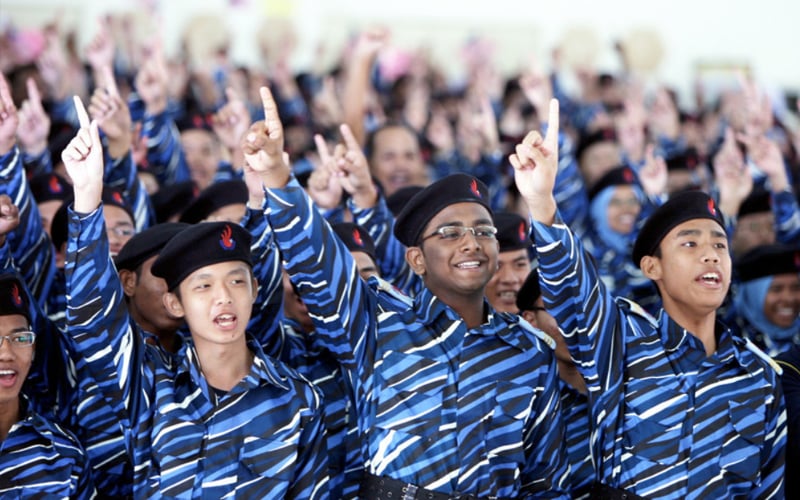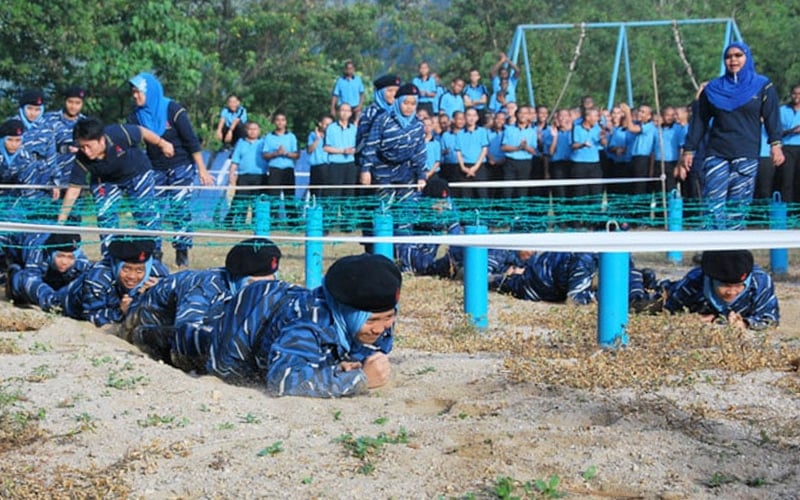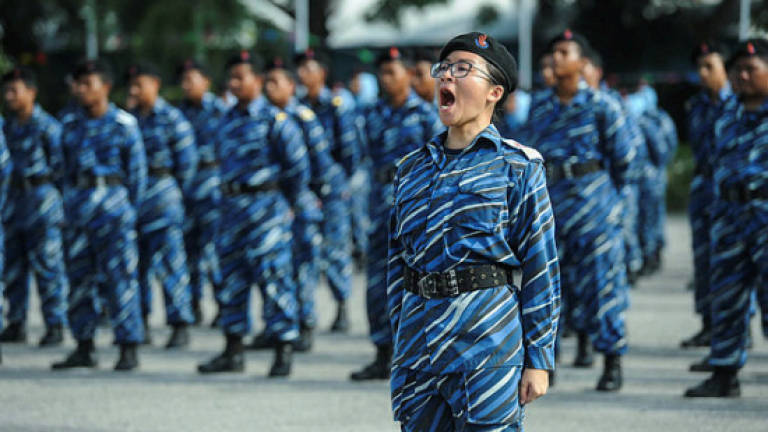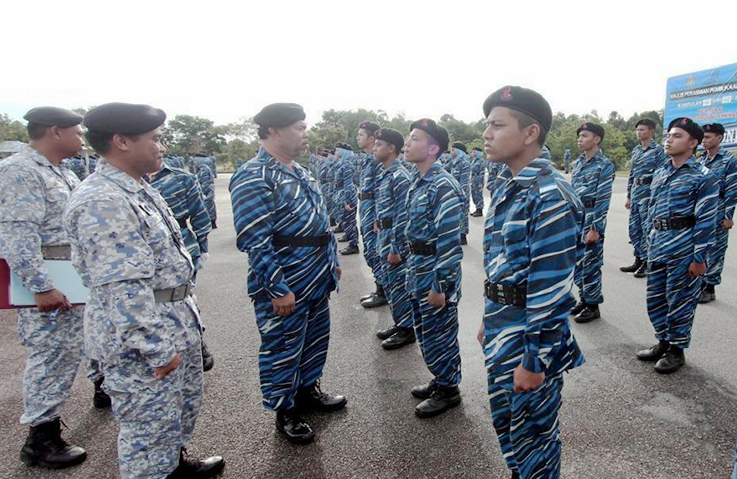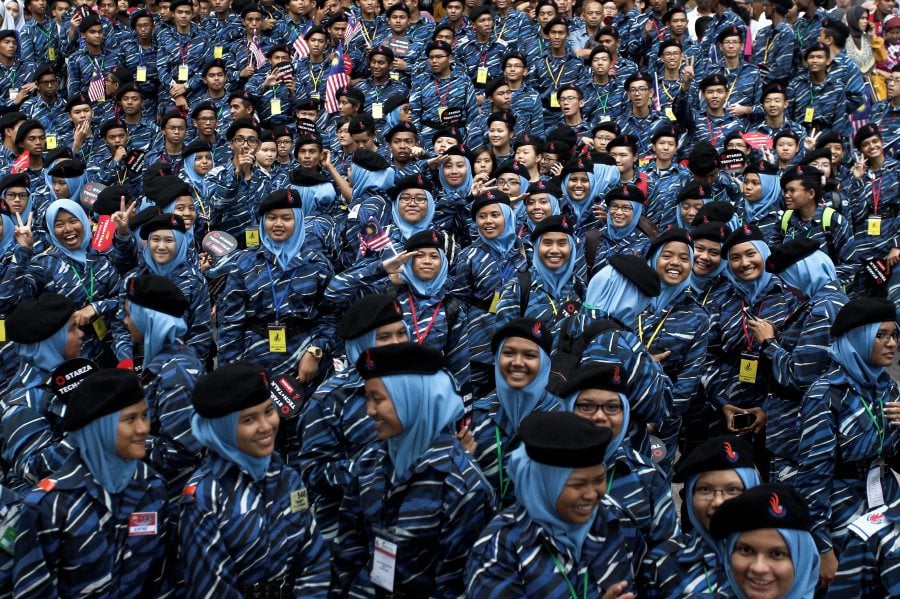M'sian Youth Group Says Reinstated PLKN Must Include More Focus On Social Cohesion
The organisation believes that PLKN has the potential to rebuild social bridges and foster peace among youth.
ICYMI, the government recently announced that they're reinstating the National Service Training Programme (PLKN)
Previously abolished in 2018, PLKN will be making a comeback with a new template that's more akin to a "summer camp", according to Defence Minister Datuk Seri Mohamad Hasan.
The training camp will now be implemented in two phases. Phase 1 will be conducted at school level, involving Form Four students with a focus on enhancing existing uniformed body programmes. Meanwhile, Phase 2 will take place after students complete their Sijil Pelajaran Malaysia (SPM) examinations, involving undergoing training at military camps around the country for 45 days.
Architects of Diversity (AOD), a youth-led non-profit organisation in Malaysia, spoke out in support of reimplementing PLKN.
However, they emphasised that appropriate revisions must be made to the programme, in order to make sure that social cohesion is a core focus.
According to them, Malaysia is in urgent need of social bridges to rebuild ties between segregated communities, as racial and religious segregation among youth has reached an all-time high in the past decade.
They cited examples such as the proliferation of private and international schools that have divided Malaysian students across socioeconomic and religious lines, with only around 4% of Chinese students attending national primary schools.
AOD believes another factor is that government programmes for integration, such as Rancangan Integrasi Murid untuk Perpaduan (RIMUP), which connected students of different education backgrounds, have been downsized or abolished.
They also described how social media has exacerbated the potential of hate echo chambers and has made youth more susceptible to extremist narratives. For example, during GE15, teenagers produced TikToks advocating for the repeat of the 13 May tragedy.
AOD believes that PLKN has the potential to rebuild social bridges and foster peace among youth
The unique combination of its residential nature that provides a powerful experience for participants, diverse trainees through conscription recruitment, and focus on national identity, would not be replicable in other forms of intervention.
However, AOD is of the opinion that changes need to be made to the programme, in order to make sure it lives up to its full potential.
1. Focus on interracial relations
The fragile state of racial and religious cohesion among youth is the most pressing need of the nation.
With security and nationalism as concurrent goals, the design and programming of PLKN should consider its potential to foster social ties among youth from diverse backgrounds and support crucial public values, such as empathy and understanding.
2. Pilot stage necessary
To ensure programme efficacy, strengthen public faith, and prevent monetary wastage, a one-year pilot stage for stringent testing should be carried out prior to scaled implementation.
Independent evaluations should be permitted by opening partnerships with universities and civil society organisations in order to carry out appropriate assessments on the efficacy of PLKN in achieving its various goals.
3. Non-partisan and youth representation on PLKN Establishment Committee and Council
An effective PLKN requires appropriate decision-making from inception to implementation. The members of the PLKN Establishment Committee and Council should be non-partisan to maintain programmatic distance from partisan capture and balance competing views of its design.
Additionally, youth representation on the Committee and Council is required to ensure youth concerns are heard for equitable decision-making.
AOD urges the Ministry of Defence and Parliamentary Select Committee on Security to involve youth and civil society organisations during planning stages and prior to implementation.
4. Diversity in trainers
Ethnic diversity among trainers is required to model positive interracial relations and promote healthy dynamics in PLKN camps.
Prior studies have recommended greater diversity in camp trainers to ensure a "safe, non-threatening environment" for minorities. AOD recommends emulating the Peace Corps method of recruiting top university graduates as trainers for one to two years to ensure the highest quality of PLKN delivery.
5. Robust procurement and ombudsman to prevent abuse
Public trust towards PLKN has greatly been reduced due to previous allegations of corruption and abuse, such as bullying, sexual harassment, and negligence.
Thus, procurement of material goods must be subject to strict supervision with bipartisan review processes. Additionally, we recommend the establishment of an independent ombudsman with investigative and corrective powers to protect the welfare of participants.
AOD's White Paper, which contains their full recommendations for PLKN, can be viewed here
AOD is a youth-led non-profit organisation that bridges communities and identity groups among youth in Malaysia for justice, peace and a sustainable future.
Since 2018, they have worked towards the promotion of diversity and inclusion in Malaysia by empowering young leaders as champions of inclusivity, pioneering ideas and processes for social cohesion, and building an enabling environment for legislative change towards equity and inclusion.
